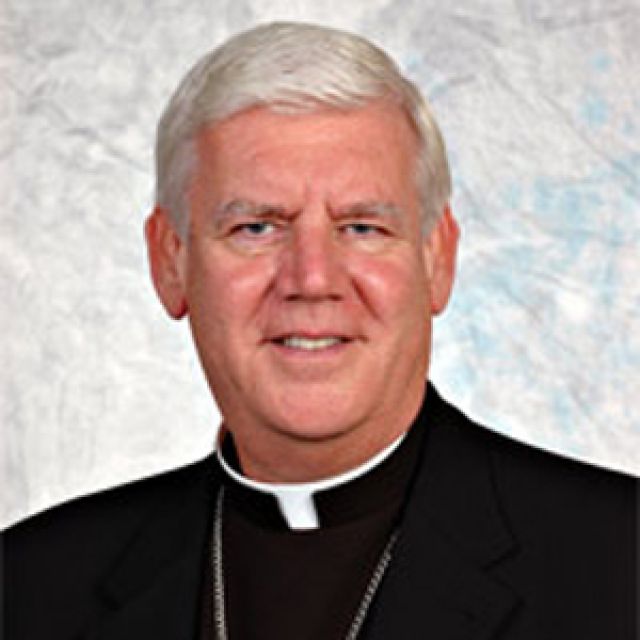As metropolitan bishop of Saskatchewan, Regina Archbishop Daniel Bohan has asked all the Saskatchewan dioceses to consider launching programs that would lead to ordination of permanent deacons. Bohan has hired staff to train deacons and begun promoting the diaconate in parishes around his diocese. The diocese of Prince Albert is all-in with Regina. In Saskatoon Bishop Don Bolen has initiated a diocese-wide discernment process to consider whether or not to ordain deacons. Under Archbishop Murray Chatlain, the archdiocese of Keewatin-Le Pas is considering the question.
With Vancouver and Victoria recently deciding in favour of permanent deacons, the movement towards deacons in Western Canada is now firmly entrenched. Bishop Luc Bouchard restored the permanent diaconate in the bilingual Alberta diocese of Saint Paul in 2003.
Since Toronto and Montreal began ordaining deacons in the early 1970s, deacons have flourished in central and eastern Canada. Most dioceses in Quebec have deacons. Across Canada there are nearly 1,200 permanent deacons.
Though the restored diaconate is no longer the radical sounding notion it was at the end of the Second Vatican Council, that doesn’t mean everybody immediately embraces the idea, said Brett Salkeld, the archdiocese of Regina’s theologian in residence.
In the 1970s Regina and other Western Canadian dioceses looked at the permanent diaconate but decided to concentrate resources on building up lay ministry. Dioceses opened offices of lay ministry and trained lay people to take up responsible and sometimes salaried positions in the Church.
With Bohan’s decision to restore the diaconate in Regina, some are asking whether that means the Church is turning its back on lay ministry, said Salkeld.
“It’s a clear rejection of lay ministry in some people’s minds,” he said.
But that isn’t so. As he travels from parish to parish encouraging married men to consider the diaconate, Salkeld is at pains to explain that no deacon will replace lay ministers. Deacons are not usually paid and their ministry in prisons, soup kitchens, hospitals, etc. usually takes them outside of the day-to-day workings of the parish.
At the same time, Salkeld has to explain that deacons are not “second-rate priests” or a kind of stop-gap when vocations dry up.
Most of all Salkeld wants Catholics to understand the Church isn’t complete without permanent deacons. Going back to the New Testament, the three orders of service to the community always included bishops, priests and deacons. In fact, it’s the ordination of deacons in the Book of Acts chapter six that is the most detailed and concrete account of the sacrament of ordination in Scripture.
“In the three-fold order of ministry you need deacons for the fullness of the sacrament of Holy Orders,” Salkeld said.
While Salkeld argues that deacons are theologically necessary, he’s also aware of the practical side of the equation. In Regina there are 10 parishes and 105 missions without a resident pastor. In Prince Albert there are 27 parishes with a resident pastor and 60 without.
Witnessing marriages, officiating at funerals and baptizing children are all within the normal duties of a deacon and can do a lot to extend the ministry of priests and the bishop.
While liturgical functions, including preaching at Mass, are important they will never dominate the lives of deacons.
“If you’re not working with the marginalized then you’re not a deacon,” is Salkeld’s message to men interested in becoming deacons. There has to be a connection between worship and service, and that’s why deacons are important at Mass.
“Without the deacon you’re not fully sacramentalizing a community’s life,” said Salkeld.
So far, Salkeld has had 20 serious expressions of interest from married men in Regina thinking of becoming deacons. He expects to see that number narrow down to eight to 12 who enrol in the course starting in September.
Native candidates would be something that could benefit the Church in Regina where at least 10 per cent of the city population is aboriginal, according to Salkeld.

